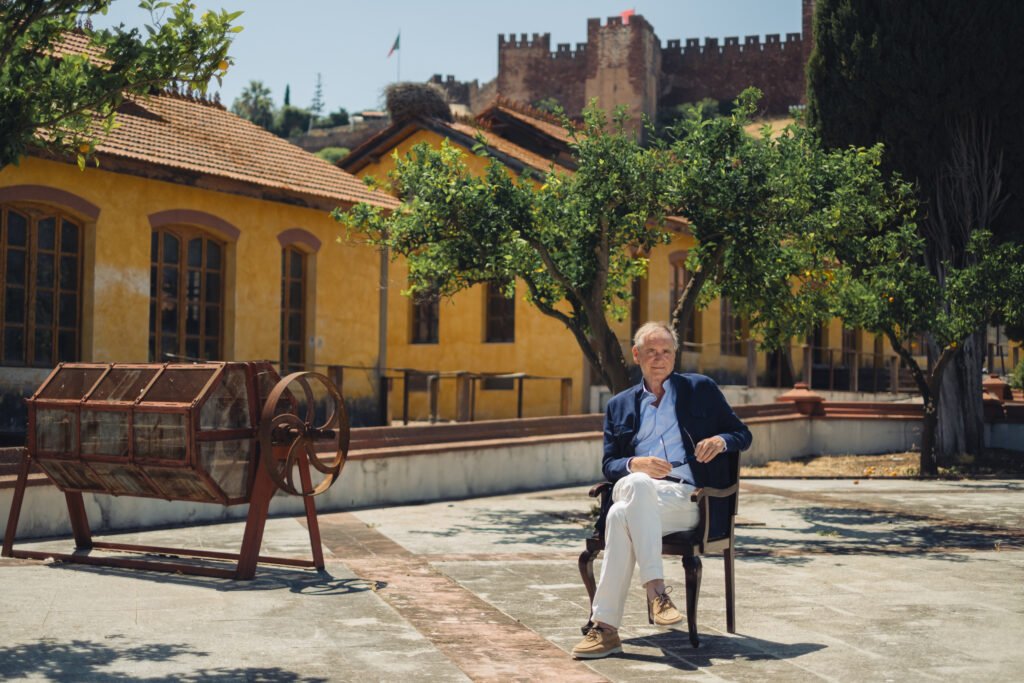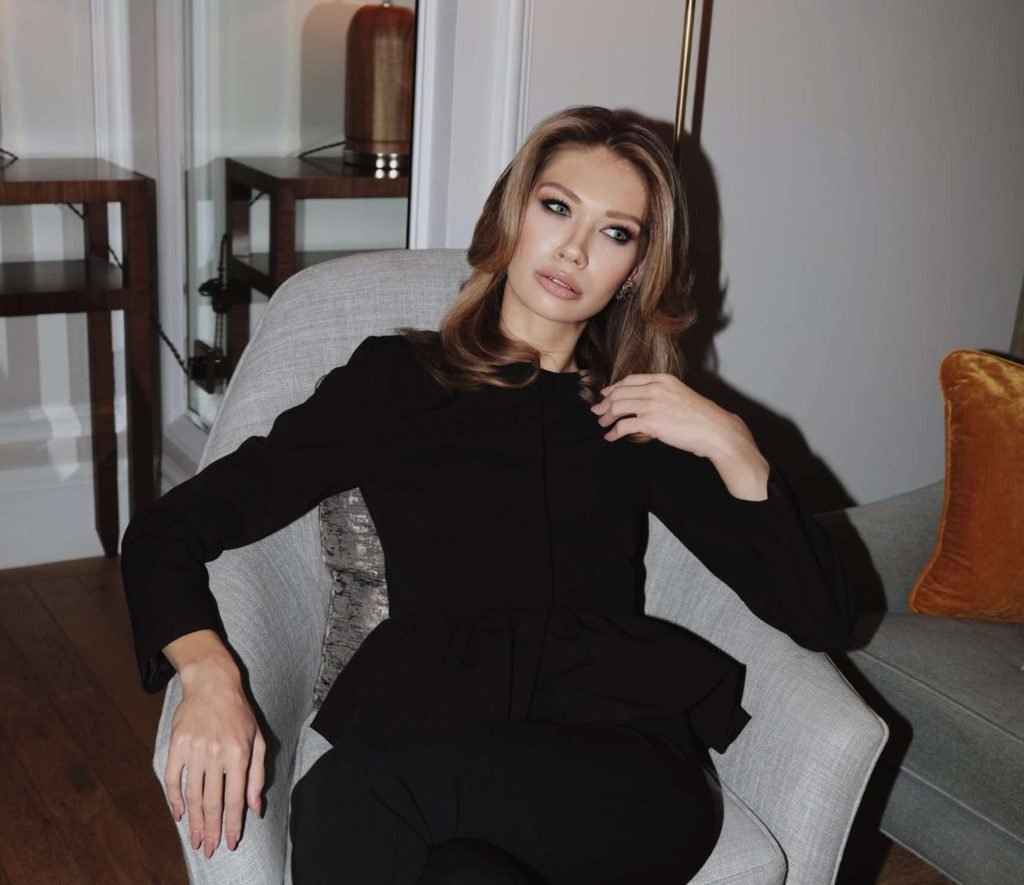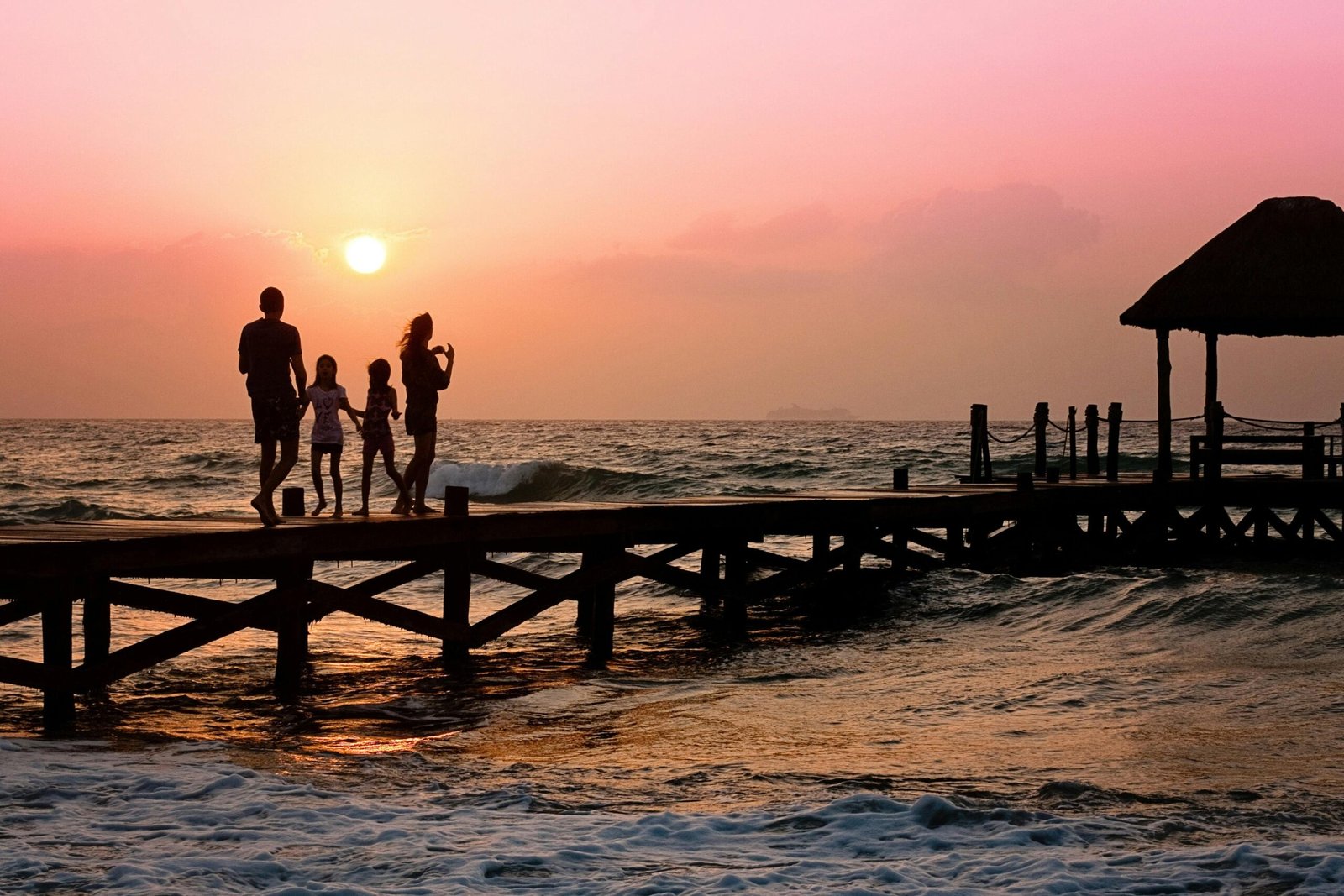I absolutely love being a parent. Truly, I do. For me, it’s the single most important role in life, perhaps second only to falling in love, getting married, and co-producing your very own bundle of noise, chaos and joy. But let’s not kid ourselves, the moment you become a parent, you’ve inadvertently signed up for a lifetime of unsolicited advice, eye rolls, and moral audits from people you didn’t even know had an opinion, let alone a child.
Before you even get a whiff of nappy cream, the pressure starts mounting. Overzealous relatives, giddy grandparents-in-waiting, or that friend who once babysat a neighbour’s cousin’s child for twenty minutes suddenly feel qualified to offer a PhD-level parenting thesis. And then once you do have a child, well, buckle up, because the world seems to double down on scrutinising every burp, bedtime, and broccoli rejection you encounter.
Now, let’s be clear, there’s no manual. No laminated instruction guide handed out with your newborn. Just you, your partner, and this tiny dictator whose sole job seems to be crying, feeding, and outsmarting you by week two. Personally, I marvel at those who parent twins, triplets, or heaven help us, quads. I can barely manage one child without breaking into a light sweat at the mere mention of PTA meetings.
We all want our children to be part cherub, part Disney character, part Nobel laureate in the making. But there are days, let’s be honest, when you catch your own reflection in the mirror and ask whether your child came with a receipt, and if it’s still within the 28-day returns policy.
Which brings me, reluctantly, to the topic of discipline. Or rather, the stark lack of it, particularly here in Portugal. Specifically in the Algarve, which has been our home for the past 21 and a half years. I love this country, but parenting here often feels like stepping into a parallel universe. Restaurants, theatres, even local pharmacies suddenly transform into adventure playgrounds, where small children seem to have mistaken aisles for racetracks and breadbaskets for drums. And parents? Well, they seem to either applaud their child’s ‘creativity’ or stare off into the distance as if they’re on a meditation retreat in Bali.
Now, don’t get me wrong. I’m all for allowing our little ones the freedom to express themselves, but when expression turns into a live re-enactment of Lord of the Flies, I draw the line. Am I missing a cultural memo? Is there a secret Portuguese rulebook that states, “From birth to 13, thou shalt not chastise”? Because from where I’m standing, it certainly looks like a lot of parents are subscribing to the ‘free-range child’ approach, bless the grandparents who, with a stoic sigh, often end up refereeing the chaos.
Let’s not even begin on tech. Once upon a time, a child might receive a well-worn teddy or a set of wooden blocks to keep them entertained. Now? It’s iPads at breakfast, YouTube at lunch, and TikTok by dinner. I’ve seen toddlers swipe faster than seasoned hedge fund managers. Using a smartphone as a pacifier may buy you ten minutes of peace, but hand over enough screen time and you might as well enrol yourself in a live-action remake of Dances with Wolves, you’ve joined the tribe.
And yes, I’ll admit, parenting in the 1990s wasn’t easy either. I’ve got the battle scars, and the permanent eye twitch, to prove it. But today? In this era of algorithmically-fed tantrums, curated family envy on social media, and toddlers with better tech than your office, I dare say the job’s even harder.
So, where do we go from here? Perhaps it starts with a gentle nudge back toward accountability. Teach your child that ‘no’ is not a word of abuse. That the world doesn’t revolve around their whims. That discipline isn’t a dirty word, it’s a form of love with structure. And maybe, just maybe, next time I walk into a café, I won’t have to dodge a flying breadstick launched by a small anarchist in Peppa Pig pyjamas.
In the meantime, here’s to the parents doing their best, with love in their hearts, fire in their eyes, and the quiet hope that one day, their child will turn around and say, “Thanks, Mum and Dad, you did alright.”










